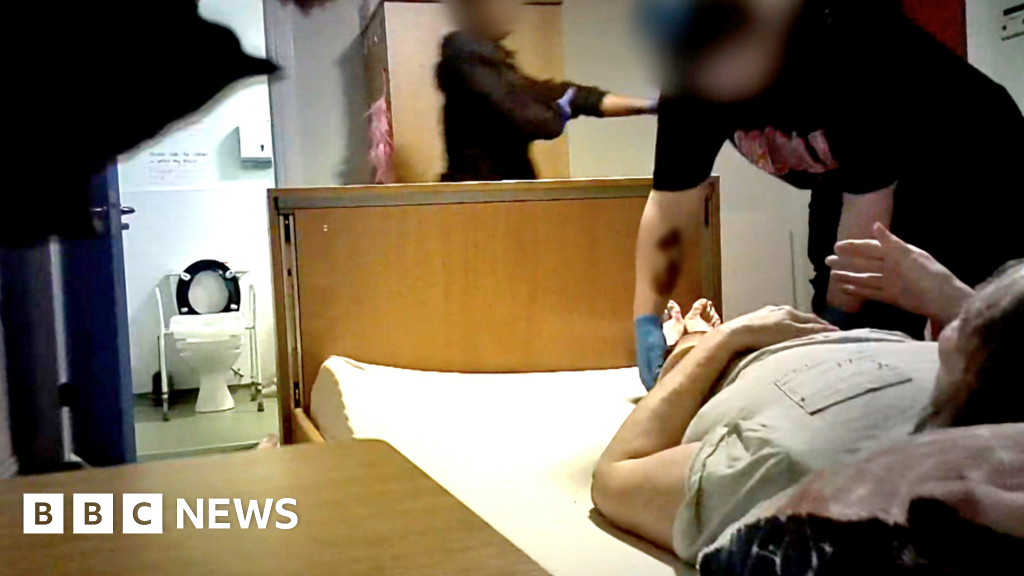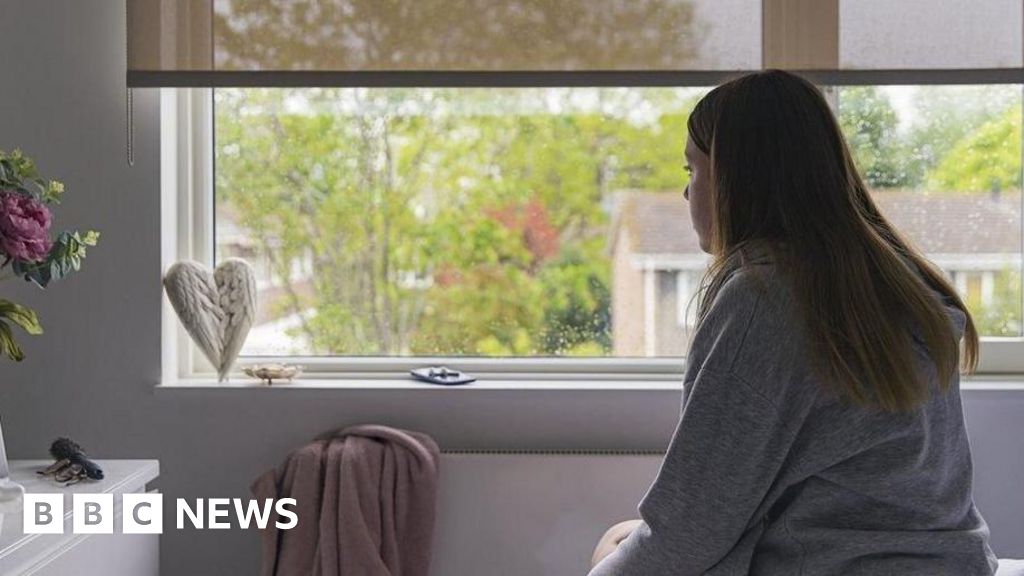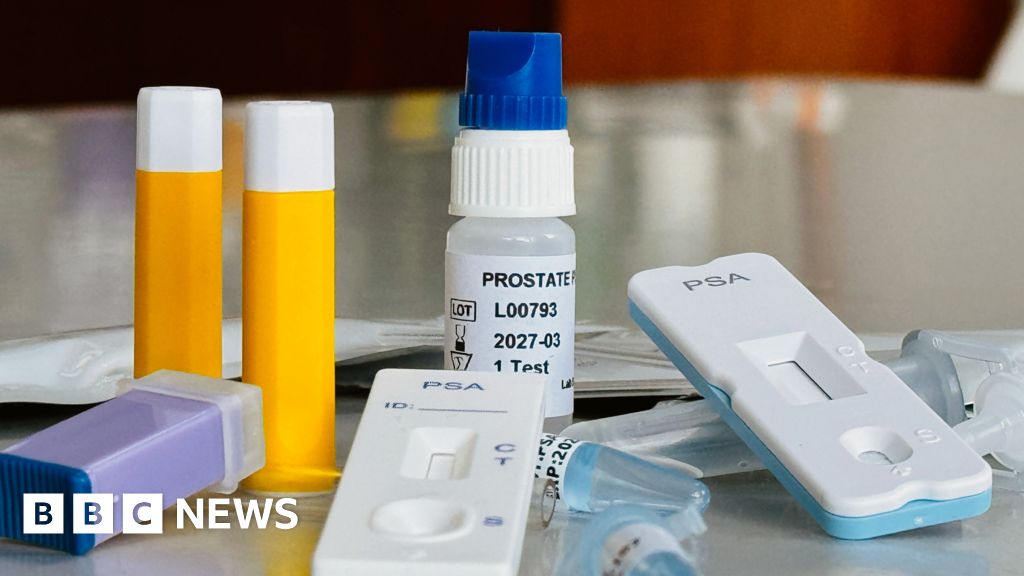Children with food allergies are being "put at risk" because schools are not doing enough to manage the danger, a Lincolnshire-based organisation has claimed.
Helen Blythe from Stamford started the Benedict Blythe Foundation in memory of her five-year-old son Benedict who collapsed and died at school in December 2021.
She has now called for stronger legislation to prevent future incidents.
The Department for Education said all schools are required to make arrangements to support children with allergies.
Mrs Blythe said the death of her son should be a warning to schools and parents.
"He [Benedict] woke up, it was the first of December. He opened his advent calendar, went off to school happy and healthy and didn’t come home again," she said.
The foundation bearing Benedict's name said allergy management varies widely across English schools.
It found one in three schools do not have an allergy policy in place, almost half rely on children having their own autoinjector pen and a quarter of schools provide no training on allergy symptoms, anaphylaxis or what to do in an emergency.
Mrs Blythe said: “Current legislation makes only modest requests of schools and falls far below the recommended good practice outlined by clinicians, allergy charities and coroners.
“Measures need to be put in place to keep children with allergies in England safe. What is in place now is not good enough. Pupils and their families deserve better.”
The foundation called on the Government to provide £5m funding needed for schools to implement safety measures and checks.
The Department for Education said: “We understand the seriousness of severe allergies and we are clear that children with medical conditions should be properly supported to enjoy a full education and be safe at school."
Follow BBC East Yorkshire and Lincolnshire on Facebook, external, Twitter, external, and Instagram, external. Send your story ideas to eastyorkslincs.news@bbc.co.uk, external.
 (1).png)
 11 months ago
20
11 months ago
20


















